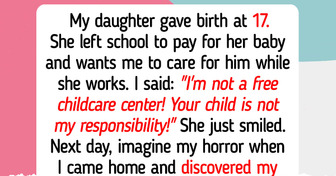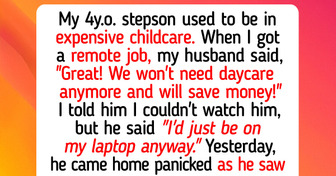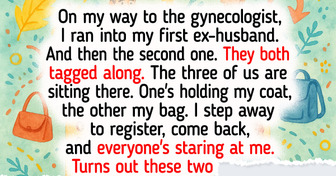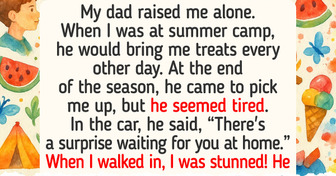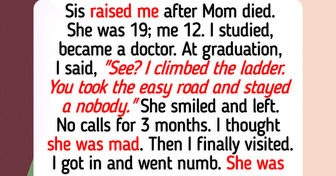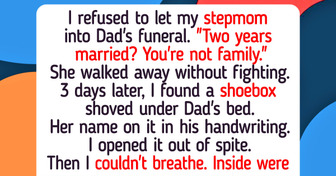My Stepbrother Crashed My Car—My Family Blames Me

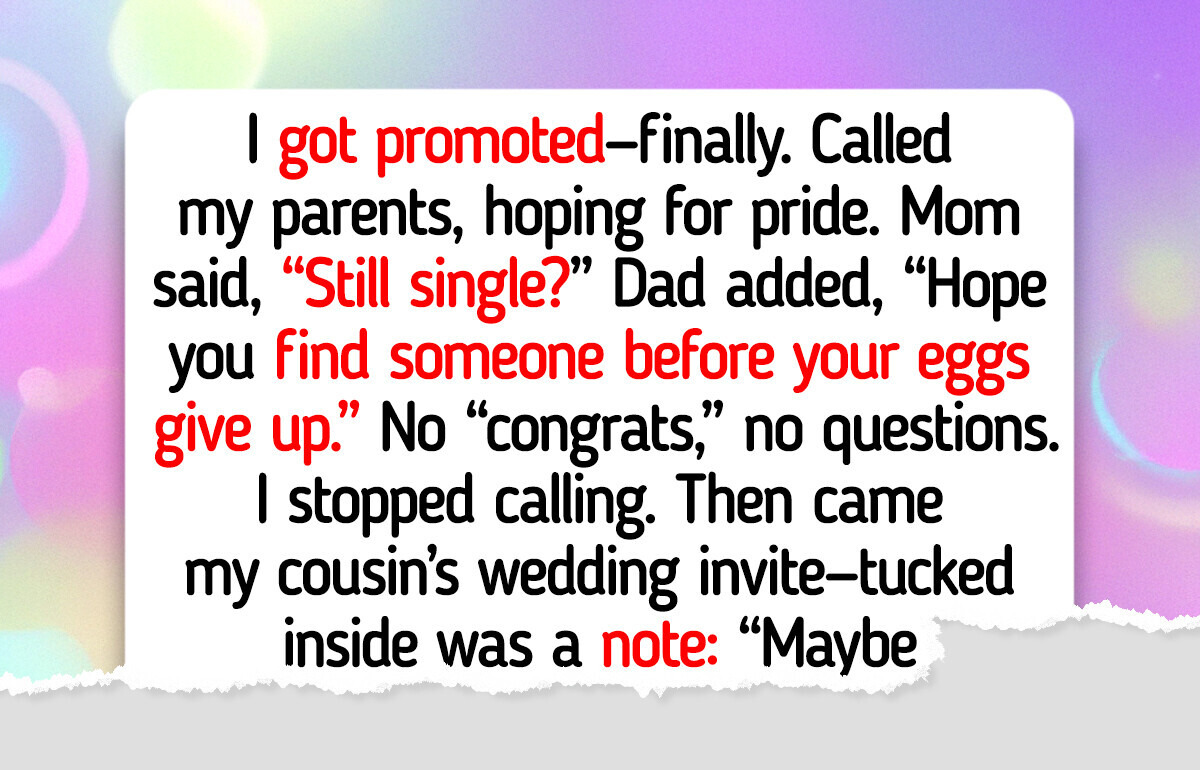
We recently received a letter from a reader who shared a deeply personal story about setting boundaries with her family. It’s a reminder that sometimes, walking away isn’t cruel—it’s necessary.

“When I got promoted, I was over the moon. Years of unpaid internships, late nights, and proving myself had finally paid off. I called my parents to share the news, expecting a rare moment of pride.
My mom’s first response? ‘That’s nice, but are you still alone?’
Then my dad chimed in, ‘Don’t wait too long, your eggs aren’t getting younger.’
I waited for them to ask about the title, the raise, me. It never came.
They weren’t proud. They were disappointed I wasn’t married. Again.
I hung up. Sat there. Then realized—every milestone I’ve hit meant nothing to them unless it involved a man.
So I stopped calling. Stopped visiting.
Months passed. Then I got a card in the mail:
My cousin’s wedding invitation.
With a handwritten note: ‘Maybe you’ll meet someone before your ovaries give up.’
I put the card in the shredder. And I finally felt free.”

When parents offer affection only when children meet certain expectations—like getting married or having grandchildren—it’s called parental conditional regard. Research shows this kind of conditional love significantly undermines self-esteem and leaves individuals feeling unworthy unless they perform for approval. Over time, this can erode emotional autonomy and make even heartfelt achievements feel hollow unless they validate the parent’s expectations.
Psychologists now see rising parental estrangement among adults as a form of self-care rather than selfishness. A recent study found that about 26% of adult children had cut ties with one or both parents, often to escape chronic emotional neglect or toxic behaviors. Dr. Joshua Coleman, who coined estrangement the “silent epidemic,” explains that reclaiming emotional autonomy—even through "no contact"—can bring profound relief and healing, especially when boundaries are repeatedly ignored.
These psychological insights show that estrangement is rarely about revenge—it’s a response to long‑standing emotional harm, and can be a step toward self-preservation and a healthier life.
I Removed My Daughter From My Will and Left Her Exactly What She Left Me

